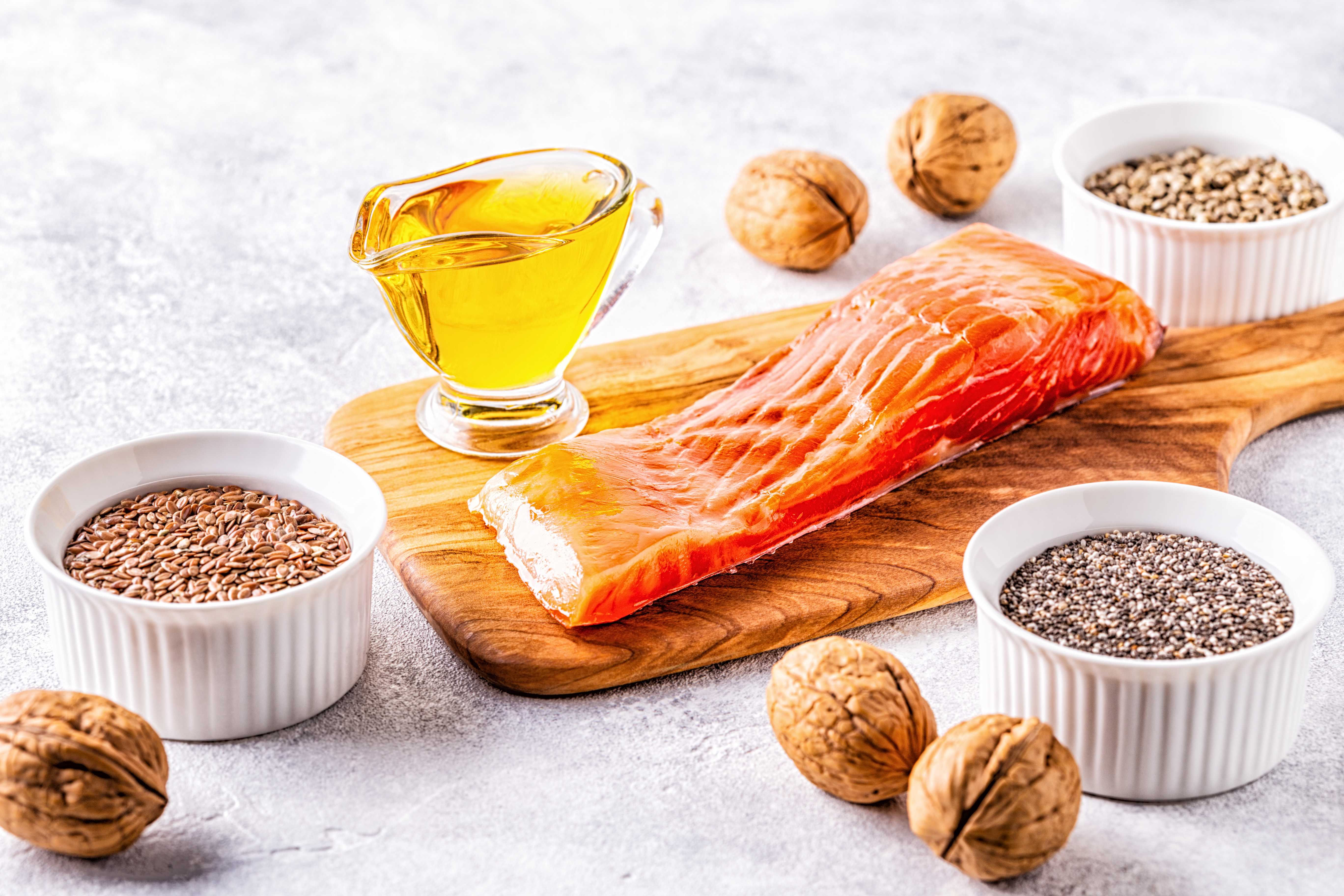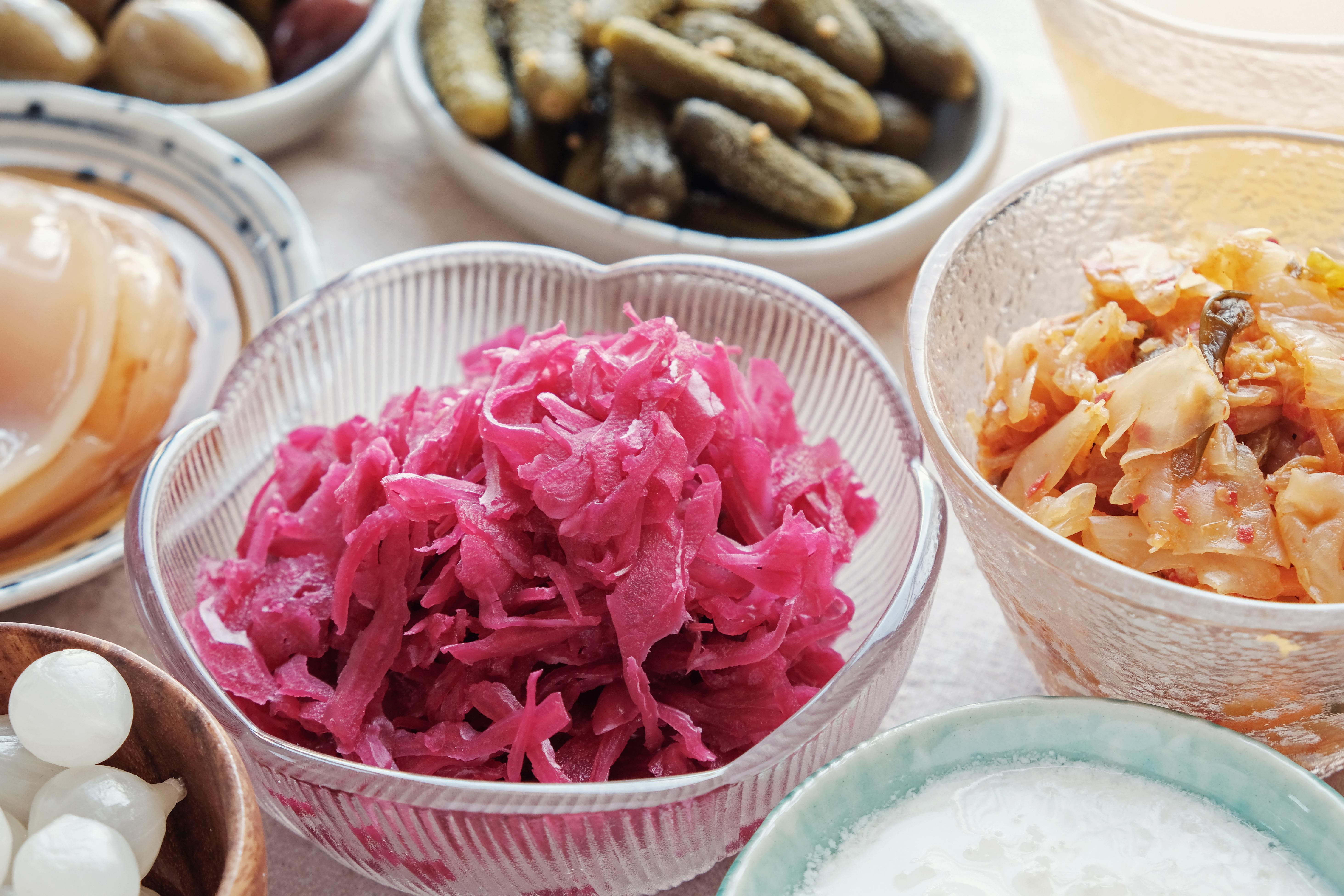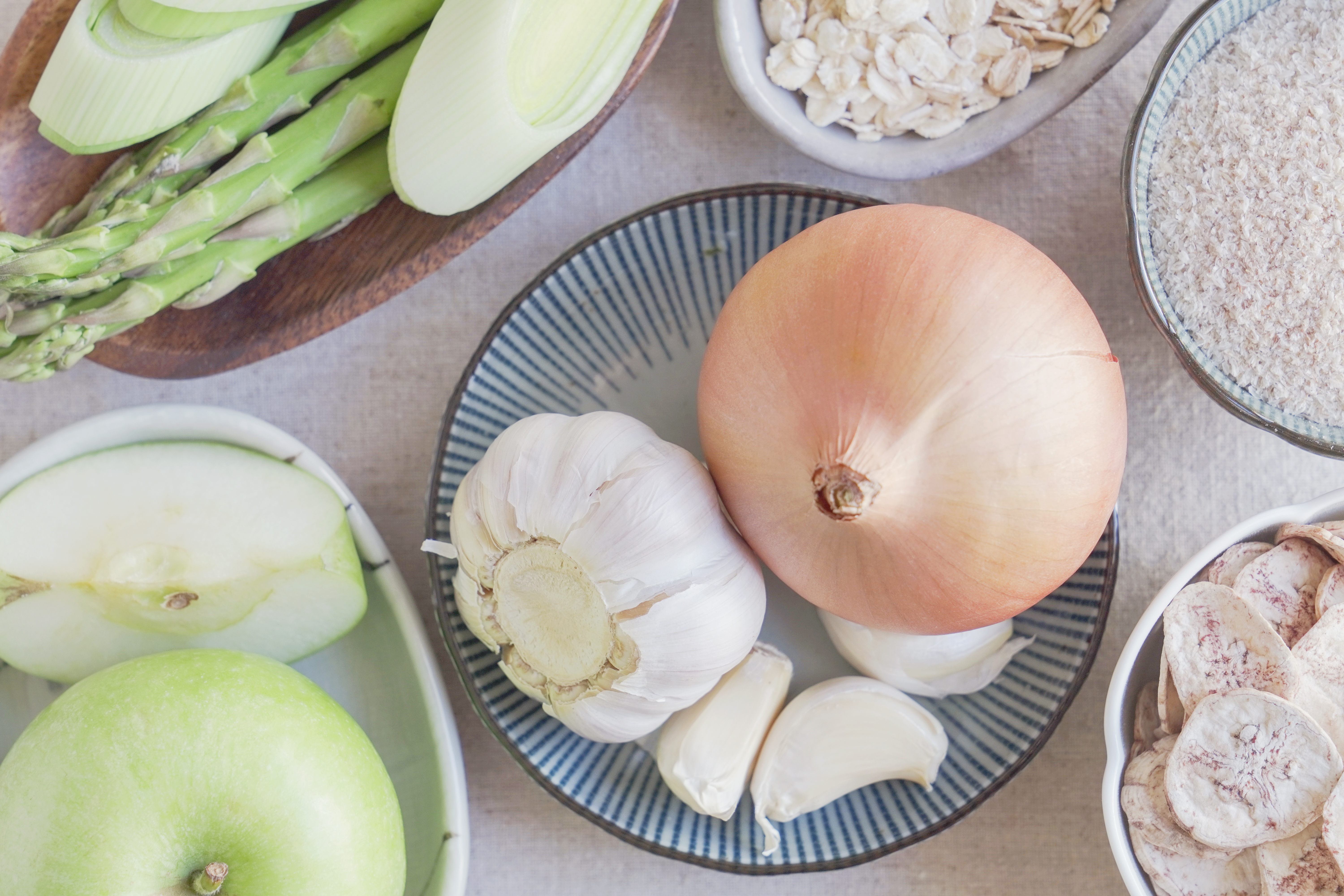13 Gut-Brain Axis Secrets: How Your Digestion Impacts Your Mood
The days of viewing your gut as merely a digestive tube are over. Modern science has unveiled a profound, intricate secret: a bidirectional superhighway connecting your digestive system directly to your brain, influencing everything from your daily mood swings to long-term mental well-being. This isn't just a casual link; it's a dynamic, biochemical conversation happening constantly, shaping your thoughts, feelings, and even stress responses. Forget simplistic notions of "you are what you eat"; it's truly "you are what your gut feels." Prepare to journey into this astonishing inner world as we unmask 13 gut-brain axis secrets, revealing how your digestion holds transformative keys to unlocking a healthier, happier mind.
Secret #1: It's Not a New Idea: Ancient Wisdom Foresaw the Connection

While modern science celebrates the "discovery" of the gut-brain axis, ancient medical traditions possessed an intuitive understanding of this link. Hippocrates famously declared "All disease begins in the gut," while Traditional Chinese Medicine and Ayurveda consistently linked digestive health to emotional balance. These historical perspectives weren't based on neuroscience but on meticulous observation of bodily responses. Their enduring wisdom reminds us that the gut's profound influence on mood isn't a novel concept, but a rediscovered truth, underscoring humanity's long-standing, albeit unscientific, recognition of this pivotal connection.
Secret #2: Your "Second Brain": The Enteric Nervous System's Autonomy

Deep within your gut lies the Enteric Nervous System (ENS), often called the "second brain." This intricate network contains millions of neurons – more than the spinal cord – allowing it to operate remarkably independently from your central nervous system. The ENS doesn't just manage digestion; it can, in certain situations, make "decisions" about gut function on its own. This ingenious autonomy highlights why gut sensations like "butterflies in the stomach" are so powerful and why gut discomfort can directly translate into anxiety or irritability, reflecting its direct, independent influence on your internal state.
Secret #3: Serotonin's Surprising Gut Origin: The Mood Molecule's Manufacturing Hub

When you think of serotonin, the "happiness hormone," you likely think of your brain. The startling secret? A staggering 90-95% of your body's serotonin is actually produced and stored in your gut. This vast gut-derived serotonin largely impacts gastrointestinal motility and local immune responses, but its influence on brain function via the gut-brain axis is profound. Imbalances in gut serotonin production or signaling can disrupt mood, sleep, and appetite, underscoring how directly your digestive system acts as a major manufacturing hub for a key mood-regulating molecule.
Secret #4: The Microbial Orchestra: How Your Gut Bacteria Conduct Mood

Trillions of microorganisms, your gut microbiome, aren't just passive residents; they're an active, bustling community orchestrating a surprising range of biological processes that impact your mood. These bacteria produce neurotransmitters (like GABA and dopamine precursors), short-chain fatty acids (like butyrate), and other metabolites that directly communicate with your brain. A diverse, balanced microbiome is like a harmonious orchestra, promoting mental well-being, while dysbiosis (imbalance) can disrupt this delicate symphony, contributing to anxiety, depression, and even cognitive fog.
Secret #5: Diet as a Mood Architect: Beyond Calories, Towards Microbial Harmony

Your daily diet isn't just fuel; it's the ingenious architect of your gut microbiome, directly influencing your mood. Processed foods, high in sugar and unhealthy fats, can promote inflammation and dysbiosis, negatively impacting mood. Conversely, a diet rich in diverse plant fibers (prebiotics), fermented foods (probiotics), and healthy fats (like Omega-3s) nourishes beneficial gut bacteria. This microbial harmony, in turn, boosts the production of mood-stabilizing compounds, proving that choosing what you eat is a direct, powerful act of nurturing your mental well-being.
Secret #6: The Stress-Gut Vicious Cycle: How Worry Wreaks Havoc Down Below

The connection between stress and digestion isn't just anecdotal; it's a powerful, often insidious, vicious cycle. When you're stressed, your brain signals your gut, altering motility, increasing permeability ("leaky gut"), and changing microbial composition. This gut distress then sends signals back to the brain, intensifying anxiety and mood disorders. The ingenious insight is recognizing this bidirectional loop: chronic psychological stress can manifest as chronic digestive issues, and addressing gut health can, in turn, reduce anxiety's physical toll on your brain, breaking the cycle.
Secret #7: Inflammation: The Silent Bridge Between Gut and Brain Discomfort

Inflammation is a silent, systemic signal, and its ingenious role in the gut-brain axis is crucial for understanding mood disorders. Chronic low-grade inflammation in the gut, often triggered by dysbiosis or dietary factors, produces pro-inflammatory cytokines that can cross the blood-brain barrier. Once in the brain, these compounds disrupt neurotransmitter function and neural pathways, contributing to symptoms of depression and anxiety. This highlights how an inflamed gut can directly "infect" your mood, making anti-inflammatory interventions vital for mental well-being.
Secret #8: Probiotics: Live Allies for Your Mental Landscape

Probiotics, specific strains of beneficial live microorganisms, are more than just digestive aids; they are increasingly recognized as ingenious allies for your mental landscape. Certain "psychobiotic" strains have shown the ability to reduce symptoms of anxiety and depression by modulating neurotransmitter production, reducing inflammation, and strengthening the gut barrier. They can influence stress hormone levels and even calm hyperactive neural circuits. Integrating targeted probiotic strains, prescribed by a healthcare professional, offers a promising, natural avenue for directly supporting mental health from the gut up.
Secret #9: Prebiotics: Fueling the Good Guys for Brain Benefits

While probiotics introduce beneficial bacteria, prebiotics are the ingenious non-digestible fibers that selectively feed and nourish your existing healthy gut microbes. Found in foods like onions, garlic, bananas, and oats, prebiotics promote the growth of beneficial bacteria that produce short-chain fatty acids (SCFAs) like butyrate. These SCFAs act as powerful anti-inflammatory agents and directly communicate with the brain, supporting mood and cognitive function. Consuming a diverse range of prebiotic-rich foods is a fundamental, sustainable strategy for architecting a brain-boosting gut environment.
Secret #10: Antibiotics' Unseen Toll: Disrupting Mood's Delicate Balance

Antibiotics, while life-saving for bacterial infections, carry an often-unseen consequence for your mood: they indiscriminately decimate gut microbiota, disrupting the delicate balance essential for gut-brain communication. This disruption can lead to temporary or prolonged changes in neurotransmitter production and increased gut inflammation, potentially impacting mental health. The ingenious takeaway is the need for mindful antibiotic use and proactive microbiome restoration through probiotics and prebiotics after a course of antibiotics, safeguarding the gut's crucial role in mood regulation.
Secret #11: Psychobiotics: The Future of Mood-Boosting Microbes

The cutting-edge field of psychobiotics represents a startling future for mental health treatment. These are specific strains of probiotics scientifically identified and clinically proven to confer mental health benefits. Researchers are now isolating and testing individual microbial strains with targeted effects, such as reducing stress hormones or enhancing serotonin production. This ingenious precision promises a future where mood disorders might be managed not just with pharmaceuticals, but with specific, "prescription-grade" microbial interventions, ushering in a new era of gut-centric mental health therapies.
Secret #12: The Vagus Nerve: Direct Highway to Emotional Regulation

The vagus nerve is the ingenious, primary superhighway of communication between your gut and your brain. This cranial nerve directly transmits signals about the state of your gut (digestion, inflammation, microbial activity) to your central nervous system, influencing your mood, stress response, and even decision-making. Stimulating the vagus nerve through practices like deep breathing, meditation, cold exposure, or even gargling can directly impact your emotional state, demonstrating a powerful, non-pharmacological pathway for managing anxiety and fostering calm through the gut-brain connection.
Secret #13: Gut Permeability ("Leaky Gut"): When the Barrier Breaks, Mood Suffers

Your gut lining acts as a highly selective barrier, preventing harmful substances from entering your bloodstream. However, inflammation, stress, or dysbiosis can increase its permeability ("leaky gut"). When this barrier breaks down, undigested food particles, toxins, and bacteria can "leak" into the bloodstream, triggering systemic inflammation. This systemic inflammation, in turn, directly crosses into the brain, causing neuroinflammation and disrupting neurotransmitter balance, which can manifest as anxiety, depression, and cognitive dysfunction. Maintaining gut integrity is thus an ingenious strategy for protecting mental health.
Your Gut, Your Mood: A New Frontier in Well-being

The intricate dance between your gut and brain is no longer a scientific curiosity; it's a profound, actionable truth that redefines well-being. These 13 gut-brain axis secrets unveil a revolutionary perspective: your digestion isn't just about nutrient absorption; it's a powerful, dynamic force shaping your emotional landscape. By understanding the microbial orchestra, the vagus nerve's signals, and the insidious impact of inflammation, you gain unprecedented control. Embracing this holistic knowledge, from mindful eating and targeted supplementation to stress reduction, empowers you to nurture your gut, directly cultivating a resilient, happier, and more balanced mind.
